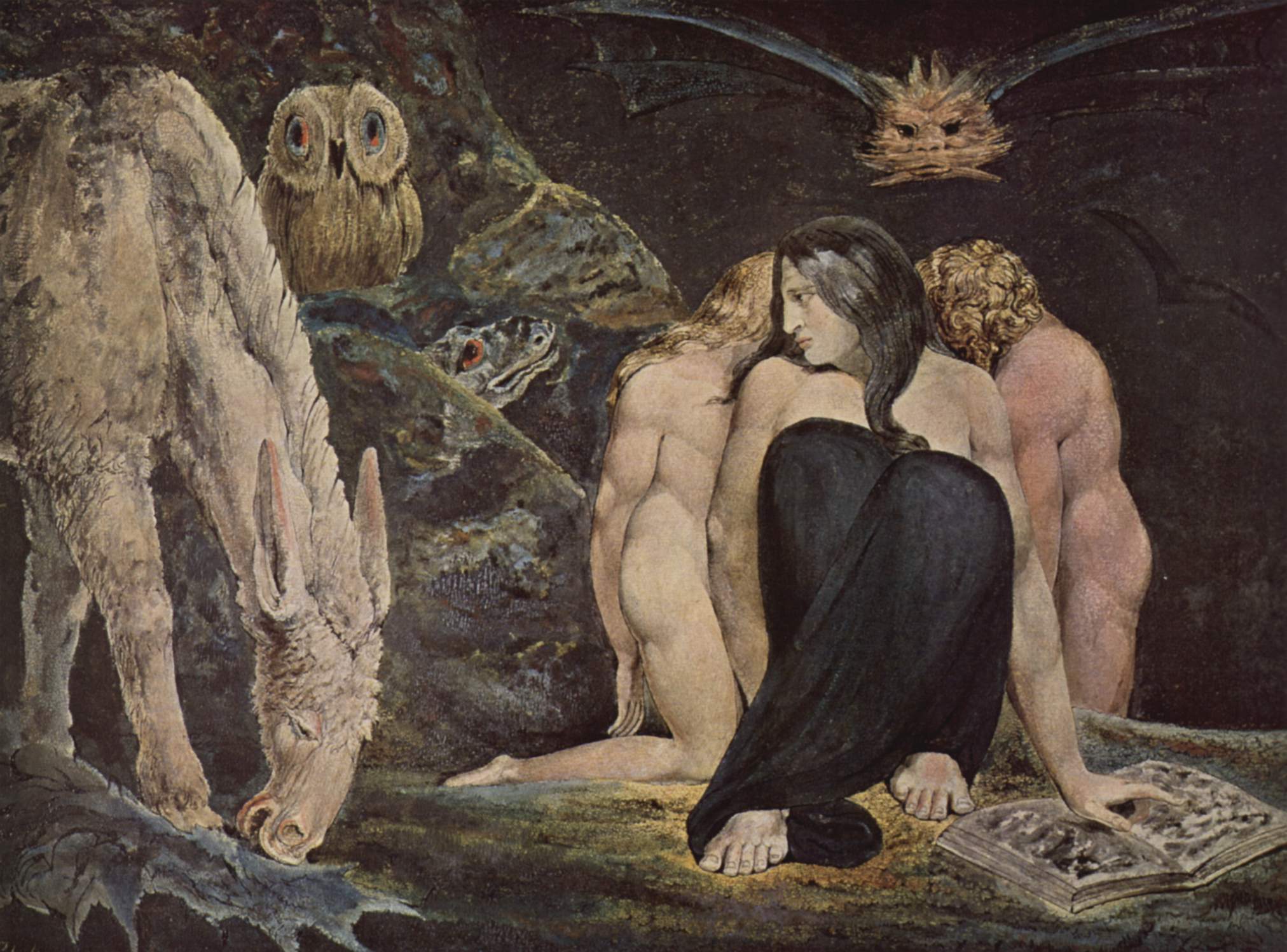WAITING FOR THE BARBARIANS
—What are we waiting for,
gathered in the agora?
The Barbarians are arriving today.
—Why is nothing happening in
the Senate?
Why do the Senators sit making no laws?
Because the Barbarians are arriving today.
What laws can the Senators make now?
When the Barbarians come, they will make laws.
—Why did our emperor wake up so
early,
and, in the city’s grandest gate, sit
in state on his throne, wearing his crown?
Because the Barbarians are arriving today,
and the emperor is waiting to receive
their leader. In fact, he prepared
a parchment to give them, where
he wrote down many titles and names.
—Why did our two consuls and
the praetors
come out today in their crimson, their
embroidered togas;
why did they don bracelets with so many
amethysts
and rings resplendent with glittering
emeralds;
why do they hold precious staffs today,
beautifully wrought in silver and gold?
Because the Barbarians are arriving today,
and such things dazzle them.
—Why don’t the worthy orators
come as usual
to deliver their speeches and say their
peace?
Because the Barbarians are arriving
today
and they are bored by eloquence and
harangues.
—Why
should this anxiety and confusion
suddenly start. (How serious faces have
become.)
Why have the streets and squares emptied to
quickly,
and why has everyone returned home so
pensive?
Because night’s fallen and the
Barbarians
have not arrived.
And some people came from the
borders
and they say the Barbarians no
longer exist.
And now what will we do with no Barbarians?
Those people were some kind of solution.
Tr. Aliki Barnstone,
 |
| The Collected Poems of C. P. Cavafy: A New Translation, Translated by Aliki Barnstone, Foreword by Gerald Stern W.W. Norton, 2006 |
 |
| Constantine Cavafy with cane and hat in hand
Photograph dated 1896, Alexandria, Egypt
|



